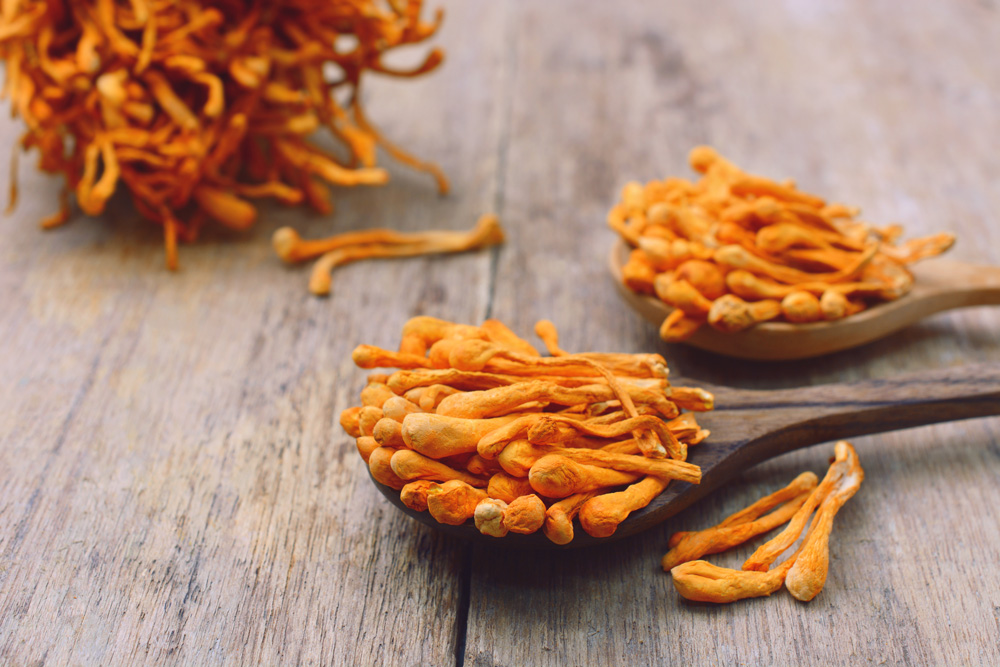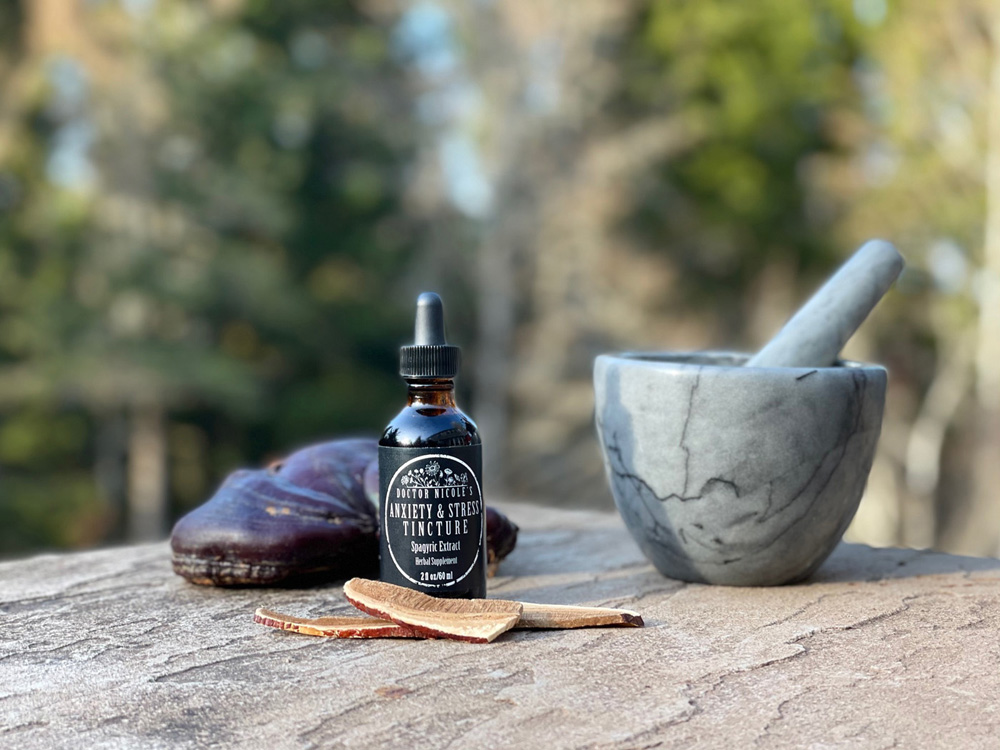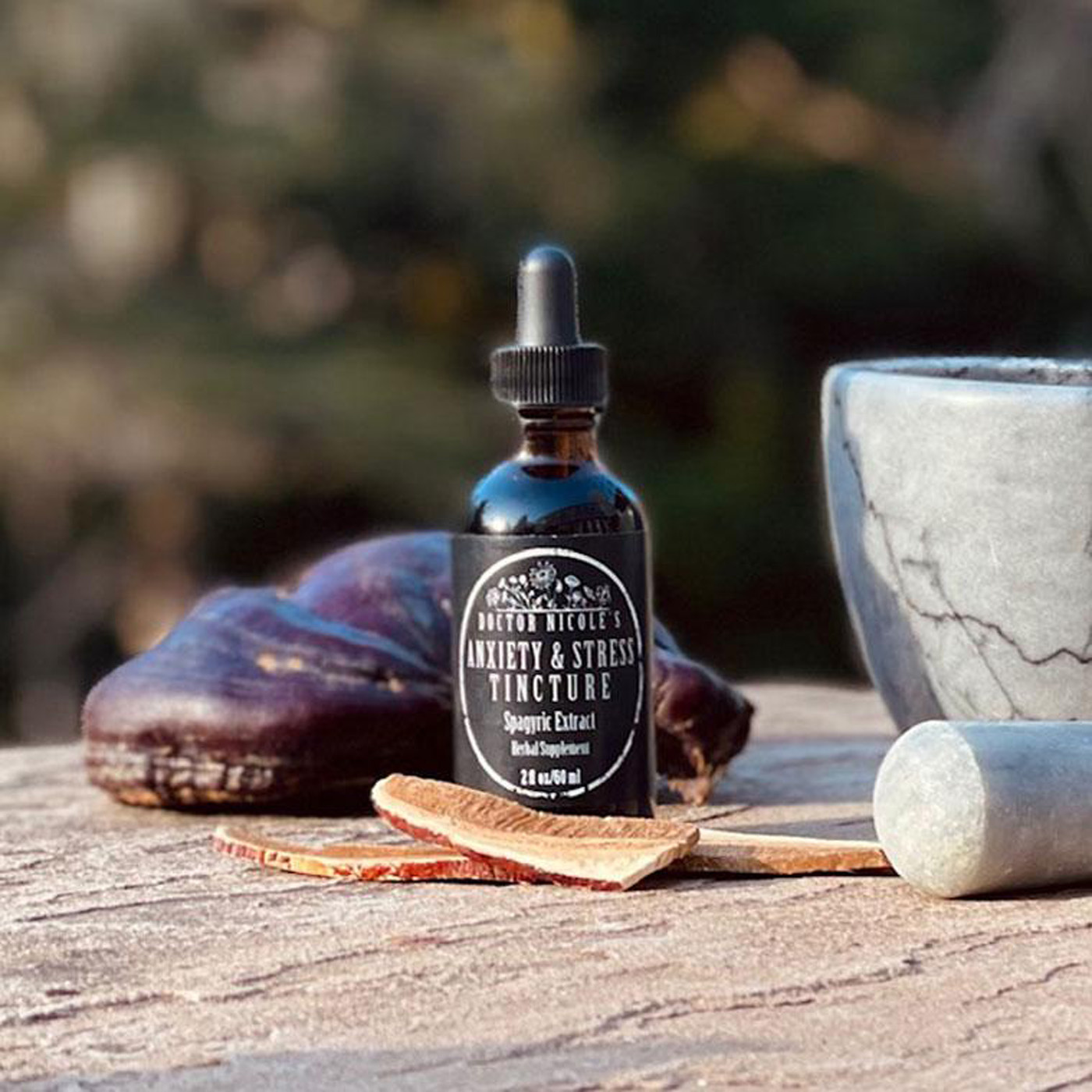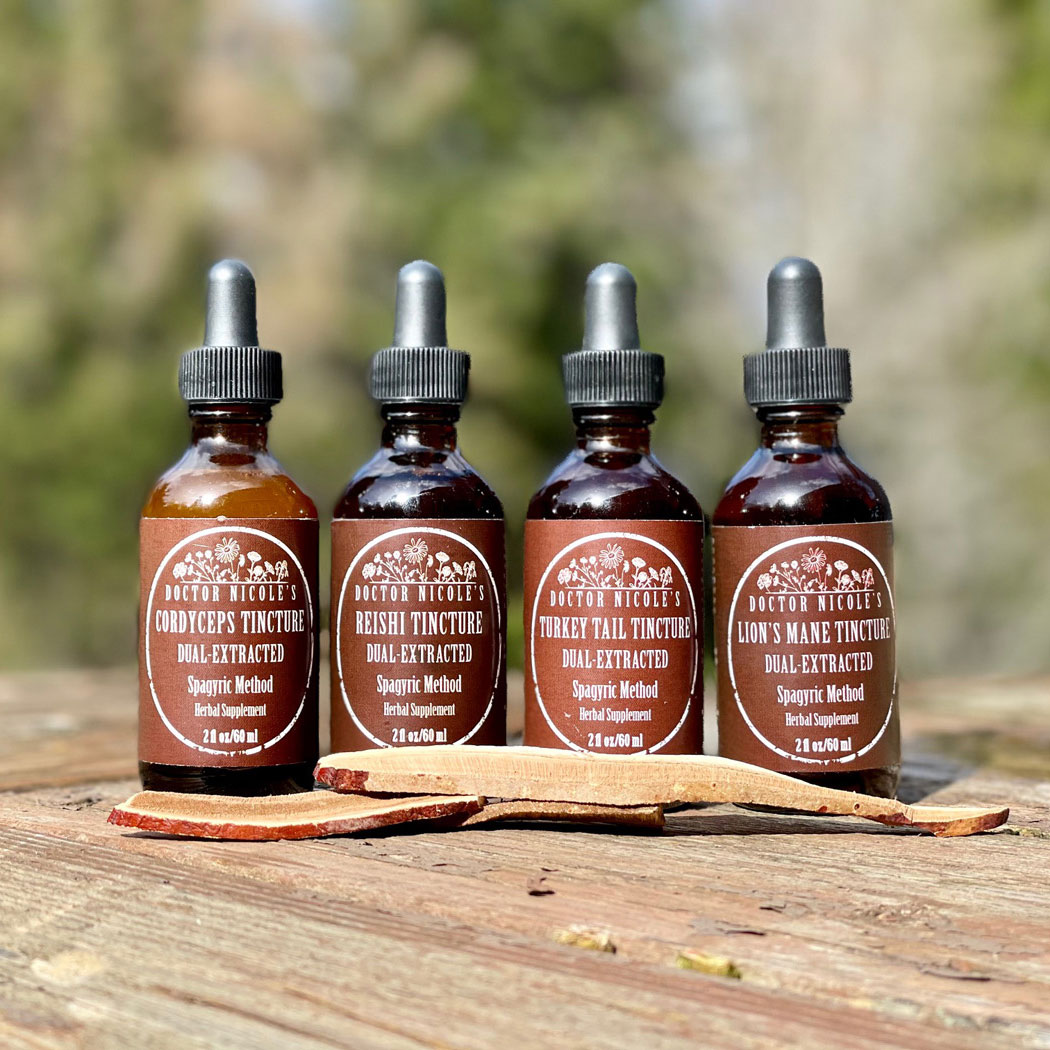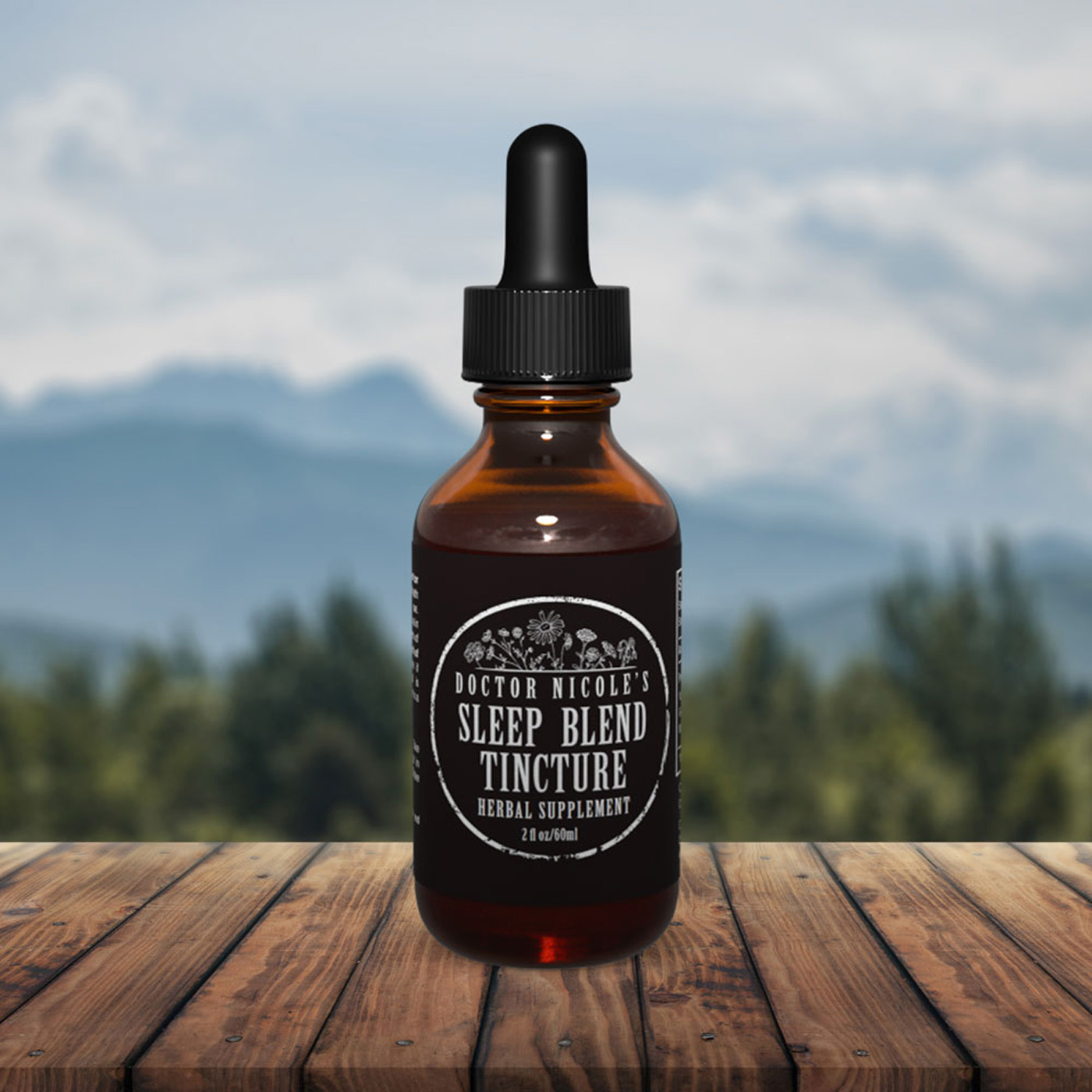What is myasthenia gravis?
An autoimmune disorder that causes weakness in the skeletal muscles, myasthenia gravis (MG) occurs when the communication between nerve cells and the muscles becomes disrupted. It is relatively rare worldwide, impacting around 20 out of every 100,000 people. The condition causes extreme muscle weakness — typically in the eyes and face, but it can also happen in the fingers, arms, legs, and chest. It tends to become more pronounced after exercise and improves after rest.
Generally, myasthenia gravis develops in women in their 20s and 30s, while men are more likely to be diagnosed in their 50s and 60s. While it can occur at any age, risk increases as you become older and is most common in people over the age of 40. When the disease affects the respiratory muscles, a ventilator may be required. This is called myasthenic crisis, a potentially life-threatening complication of MG. It is estimated that between 15 and 20 percent of those who have myasthenia gravis will have at least one episode of myasthenic crisis.
Symptoms include:
- Drooping of the eyelids
- Double or blurry vision
- Facial paralysis
- Difficulty speaking, breathing, swallowing, or chewing
- Weakness in the neck, fingers, hands, arms, or legs
- Fatigue
- Issues with walking
Myasthenia gravis is caused when the immune system attacks acetylcholine receptors. This damage to the neuromuscular membrane reduces the effect of the neurotransmitter, which is crucial for communication between nerve cells and muscles — thereby resulting in muscle weakness and issues with voluntary movement. Researchers are unclear as to why this happens. Some suspect viral or bacterial proteins may trigger the autoimmune response. If you have a family history of autoimmunity, this may increase the risk of developing myasthenia gravis. Irregularities in the thymus gland may also prompt dysregulated immunity that triggers the disease. Chronic stress, illness, ongoing fatigue, and medications like beta blockers, quinine, and certain antibiotics can increase risk as well. Remission is possible, although many times it is temporary. Having MG increases the risk of developing other autoimmune disorders, such as lupus and rheumatoid arthritis. Because of this, it is important to have regular blood screenings so that these conditions can be detected and treated early.

Managing Symptoms Holistically
If you have been diagnosed with MG, conventional treatment may involve cholinesterase inhibitors, corticosteroids or immunosuppressants, antibody therapy, and surgery to remove the thymus gland. Lifestyle shifts and natural remedies can greatly help to improve your quality of life and symptoms of the disease. These include:
- Pulmonary muscle training to develop stronger breathing capacity and endurance.
- Designing a menu with foods that are easy to chew (soups and stews, fish, beans, soft fruits, smoothies, oatmeal, rice, etc.).
- Eating smaller, more frequent meals to prevent jaw fatigue.
- Establishing a safe home with grab bars, clear floors and walkways, and non-slippery surfaces.
- Taking baths instead of showers to conserve muscle strength.
- Avoiding triggers such as stress, illness, anger, extreme temperatures, spicy foods, alcohol, bright light.
- Getting enough quality, deep sleep each night to refresh stamina.
You can also consider regular chiropractic adjustments. While there have not been any formalized studies to validate the effectiveness of this practice, many have found relief with it.
Helpful Herbal Remedies
Interestingly, an extract from club moss by the name of Huperzia serrata has shown promise in reducing the symptoms and impact of MG as it increases the bioavailability of acetylcholine. This botanical has a long history of use in Traditional Chinese Medicine for not only treating myasthenia gravis, but also schizophrenia, seizures, and memory issues.1 Current research has also found it to be effective for Alzheimer’s disease.2
Since myasthenia gravis is autoimmune in nature, another area to consider is medicinal mushrooms as they promote nerve growth and healing, address inflammation, and modulate the immune system for a healthy immune response. Here are the four that restored my health and allowed me to thrive with multiple sclerosis:
CORDYCEPS MUSHROOM
- Improves memory and learning
- Reduces oxidative damage to cells
- Combats fatigue
- Fights chronic inflammation
- Neuroprotective
- Antimicrobial
- Antiviral
- Demonstrates great potential for acute lung injury induced by influenza
- Boosts athletic performance
- Improves brain function
LION’S MANE MUSHROOM
- Anti-inflammatory
- Boosts cognitive function
- Lessens insomnia, anxiety, and depression
- Improves energy by improving blood oxygen levels, reducing muscle fatigue, and lowering lactic acid accumulation.
- Shown to help reduce symptoms of Alzheimer’s, Dementia, and Parkinson’s.
- Helps to repair damaged nerve cells in the spinal cord and brain by encouraging Nerve Growth Factor (NGF).
REISHI MUSHROOM
- Fosters quality sleep, alleviates adrenal fatigue, and encourages healthy immune function.
- Strengthens the body against the negative effects of stress, including: hormonal imbalances, high cortisol, fatigue, brain fog, and low energy
- Relieves autoimmune diseases and leaky gut through anti-inflammatory action and immune system modulation.
- High in beneficial beta glucans, glycoproteins, and triterpenes to support gut and metabolic health.
- Suppresses certain inflammatory compounds and inhibits histamine release.
TURKEY TAIL MUSHROOM
- Leaky gut and candida overgrowth
- Reduces the symptoms of chronic fatigue syndrome
- Calms internal and external inflammation
- Fights bacterial and viral infections, including: HIV, herpes, shingles, HPV, colds, and influenza.
- A known immune modulator, turkey tail is an effective medicinal herb for autoimmune conditions.
Each can be found in our convenient Mushroom FOURtress Bundle.
Lastly, if you struggle with chronic stress or poor sleep, two formulations can help.
Our Sleep Blend is formulated to help you fall asleep faster and stay asleep longer. It boosts production of GABA, a calming brain chemical that promotes sleep. It also assists in improving sleep issues connected with menopause. We’ve also added magnesium glycinate, an absorbable form of magnesium that improves sleep quality, and promotes natural, healthy sleep patterns, including healthy REM cycles.
Next is my Anxiety & Stress Tincture. It helps the body adapt to stress, calms the nervous system, and relieves anxiety, depression, and stress-related insomnia. It improves cognitive function and lowers inflammation for optimal brain health. It can be used up to 3x daily, including at night if anxious thoughts are keeping you awake.
LIFE-CHANGING FOR ME
“Nicole, I’ve been meaning to message you for weeks. Your tinctures have literally changed my life in only the month or so I’ve been taking them. I had been going through nearly a year of daily morning panic attacks. Within a week, my panic attacks (and anxiety in general) were GONE, which was a miracle to me in itself. I can’t tell you how grateful I am for you and your products.” – Amanda L.
Are you ready to experience the power of herbal remedies for yourself? Visit the apothecary today!
All my best to you.
Nicole Apelian
Nicole’s Apothecary Products in this Post
References
- Guo, B., Xu, L., Wei, Y., & Liu, C. (2009). Zhongguo Zhong yao za zhi = Zhongguo zhongyao zazhi = China journal of Chinese materia medica, 34(16), 2018–2023.
- Zangara A. (2003). The psychopharmacology of huperzine A: an alkaloid with cognitive enhancing and neuroprotective properties of interest in the treatment of Alzheimer’s disease. Pharmacology, biochemistry, and behavior, 75(3), 675–686. https://doi.org/10.1016/s0091-3057(03)00111-4


